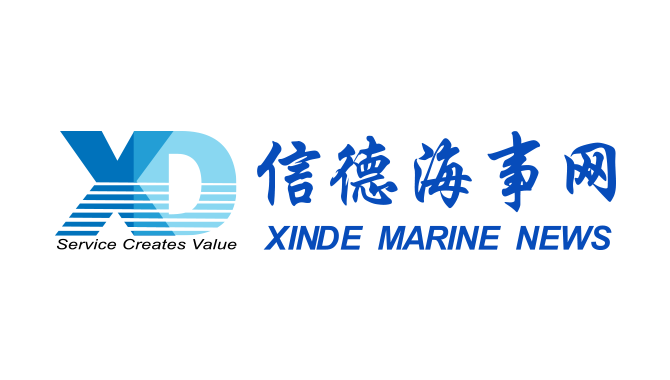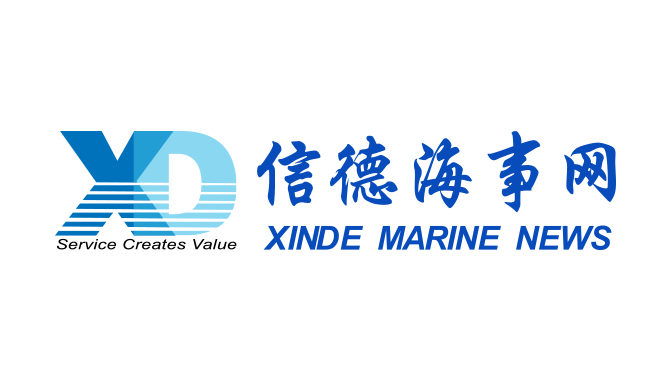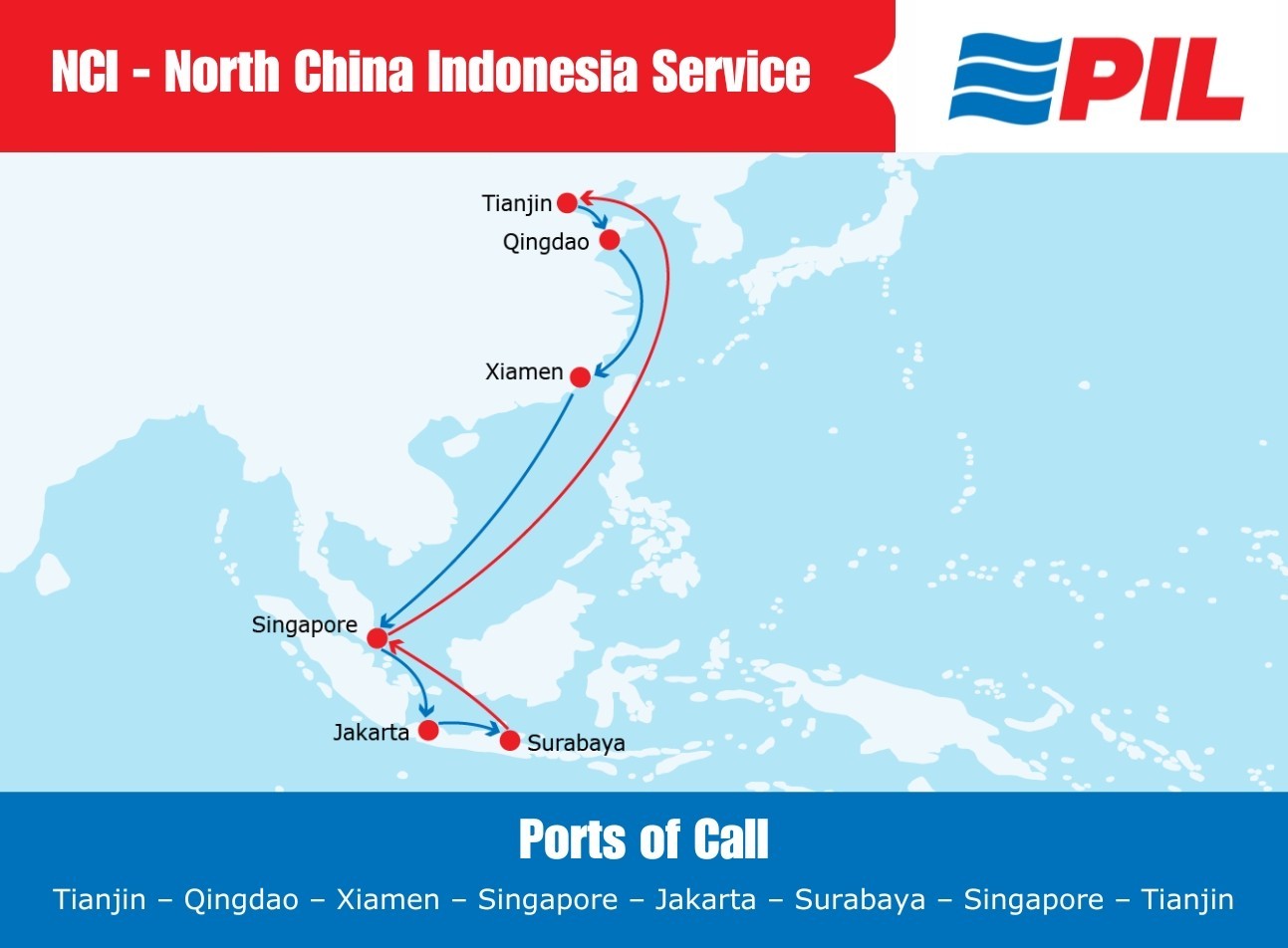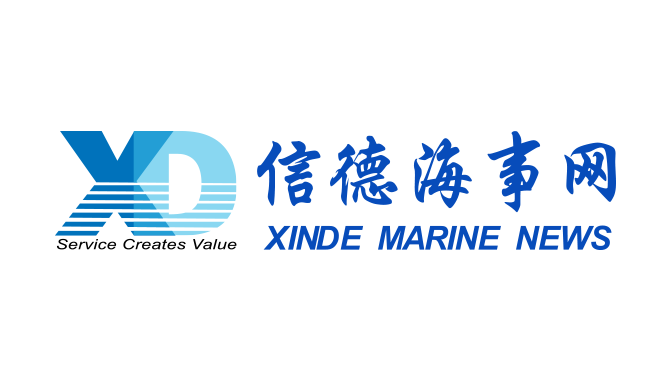
The Global Centre for Maritime Decarbonisation (GCMD) and PSA International (PSA) announced a five-year strategic partnership today to advance collaboration on maritime decarbonisation initiatives across global port ecosystems. As one of the leading global port operators, PSA is the first port operator to join GCMD as a Strategic partner, contributing valuable port-side insights to drive the trial of new technologies and solutions across the maritime value chain.
Port infrastructure and operations are crucial to maritime decarbonisation
Ports play a pivotal role in enabling the maritime energy transition. The development of supporting infrastructure—such as onshore power supply, storage and handling facilities, and bunkering systems for new fuels, like ammonia and methanol—is essential for the shipping sector’s fuel and energy transition. This also includes establishing specific operational and bunkering guidelines, articulating emergency response protocols, and conducting rigorous safety and risk assessments tailored to port environments.
Further, the readiness of port infrastructure along with its downstream logistics and distribution network, is crucial for deploying emissions removal solutions like onboard carbon capture and liquid CO2 (LCO2) transport – a key focus area of GCMD’s work to scale maritime decarbonisation.
Preparing ports for the safe adoption of alternative fuels
With operations spanning over 70 deep-sea, rail, and inland terminals across more than 180 locations in 45 countries, PSA’s extensive global footprint presents opportunities to support and accelerate maritime decarbonisation.
Safety and operational efficiency are two key considerations for ports. Given the challenges associated with alternative fuels like ammonia, the active involvement of ports will help facilitate the adoption of these fuels. As the number of shipping vessels seeking such fuels will grow in the coming years, ports will need to adjust existing operational protocols to minimise disruptions to cargo operations when bunkering of new fuels. GCMD will leverage PSA’s global terminals to assess gaps and help ready ports and terminals for such operations, starting with the harmonisation of safety standards and protocols.
Professor Lynn Loo, CEO of GCMD, said, “Given the safety considerations of alternative fuels and the complexities of deploying decarbonisation solutions, port operators are crucial partners for GCMD. Their involvement is key to making the use of future fuels and the offloading of CO2 a routine part of port operations. PSA’s network of ports and terminals is a valuable platform for conducting real-world pilots, from which we can draw practical insights and recommendations to help build ecosystem confidence and accelerate shipping’s fuel transition.”
Ong Kim Pong, Group CEO, PSA International said, “As momentum builds in the maritime sector’s shift towards cleaner energy, the urgency to decarbonise and adopt low- or zero-carbon fuels and technologies has intensified. PSA, as a leading global port operator and trusted partner to cargo stakeholders, is well positioned to leverage its global network of strategic nodes and energy hubs to catalyse the sustainability transformation across the port and supply chain ecosystem. Our partnership with GCMD positions us at the forefront of the evolving energy landscape, enabling the adoption of future fuels while upholding the highest standards of operational excellence, in alignment with our Node-to-Network strategy.”
source: Global Centre for Maritime Decarbonisation (GCMD)
The opinions expressed herein are the author's and not necessarily those of The Xinde Marine News.
Please Contact Us at:
media@xindemarine.com

 PSA International joins Global Centre for Maritime
PSA International joins Global Centre for Maritime  Ethanol makes its case in maritime decarbonisation
Ethanol makes its case in maritime decarbonisation  Joint Statement of the ASA SRC 28th Interim Meeting
Joint Statement of the ASA SRC 28th Interim Meeting  PIL boosts Intra Asia coverage with new North China
PIL boosts Intra Asia coverage with new North China  Lloyd’s Register Advisory verifies the performanc
Lloyd’s Register Advisory verifies the performanc  V. and International Seaways partner to launch fema
V. and International Seaways partner to launch fema